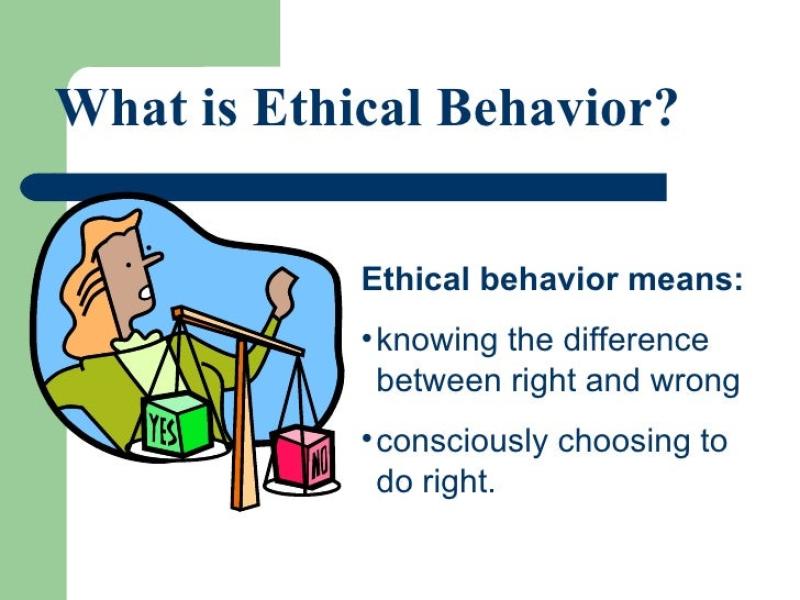Do we need mandatory ethics courses?
The necessity of mandatory ethics courses depends on the context, the profession, and the goals of the organization or educational institution. Here are some situations in which mandatory ethics courses may be considered necessary or beneficial:
Professional and Regulatory Requirements:
- In certain professions, there are regulatory bodies or licensing boards that require members to complete ethics training as part of their ongoing professional development. This ensures that professionals adhere to ethical standards and conduct themselves in an ethical manner.
Industry Standards and Best Practices:
- Some industries have established ethical guidelines and best practices. Organizations within these industries may mandate ethics courses to ensure that employees are aware of and comply with these standards.
Legal Compliance:
- In some cases, legal regulations or corporate governance requirements may mandate ethics training for employees. This is often the case in industries where ethical considerations are critical to the well-being of individuals or the community.
Promotion of Ethical Behavior:
- Organizations may implement mandatory ethics courses as part of their commitment to fostering a culture of integrity and ethical behavior. This can help employees understand the organization's values and expectations regarding ethical conduct.
Risk Mitigation:
- Ethics courses can serve as a proactive measure to mitigate risks associated with unethical behavior, such as fraud, corruption, or conflicts of interest. By educating employees on ethical considerations, organizations may reduce the likelihood of ethical lapses.
Educational Institutions:
- Some educational institutions, especially those offering programs in fields like business, law, medicine, and psychology, include ethics courses as part of their curriculum. This prepares students to navigate ethical dilemmas in their future professions.
Professional Development:
- Even in the absence of specific regulatory requirements, organizations may choose to make ethics courses part of their employee training and professional development initiatives. This can contribute to a more responsible and principled workforce.
Public Trust and Reputation:
- For organizations serving the public or dealing with sensitive issues, maintaining public trust is crucial. Mandating ethics courses can demonstrate a commitment to ethical behavior and contribute to a positive public image.
It's important to note that the effectiveness of mandatory ethics courses depends on various factors, including the quality of the course content, the commitment of participants, and the organizational culture. Additionally, while ethics courses can provide valuable insights, ethical behavior is often best reinforced through ongoing awareness, leadership example, and a commitment to ethical decision-making at all levels of an organization.
What societal or professional implications warrant the need for mandatory ethics courses in education or workplaces?
There are several compelling societal and professional implications that warrant the need for mandatory ethics courses in both education and workplaces:
Societal Benefits:
- Promotes ethical decision-making: Ethics courses equip individuals with the knowledge and skills to make responsible choices in complex situations, fostering a more ethical society.
- Reduces corruption and unethical conduct: Understanding ethical principles and consequences can deter individuals from engaging in harmful or illegal activities, leading to a fairer and more transparent society.
- Builds trust and social cohesion: A common understanding of ethical values can create a stronger foundation for trust and cooperation between individuals and groups, leading to a more cohesive and stable society.
- Addresses global challenges: Ethics education can equip individuals with the critical thinking skills needed to grapple with complex global challenges like environmental degradation, social inequality, and technological advancements.
Professional Benefits:
- Enhances professional conduct: Understanding professional ethics can guide individuals in their workplace interactions, fostering a more respectful and productive work environment.
- Reduces risk of misconduct and legal issues: Ethics training can help organizations mitigate the risk of legal problems and reputational damage caused by employee misconduct.
- Improves decision-making and problem-solving: By considering ethical implications, individuals can make more informed decisions and find ethical solutions to workplace challenges.
- Builds trust and loyalty among colleagues and clients: Demonstrating a commitment to ethical conduct can enhance trust and loyalty between employees, clients, and stakeholders.
- Promotes corporate social responsibility: Ethics education can contribute to a more responsible corporate culture, where organizations consider the ethical implications of their decisions and actions.
However, it's important to consider potential challenges as well:
- Developing impactful curriculum: Designing effective ethics courses that resonate with diverse audiences and address real-world scenarios can be challenging.
- Enforcing ethical behavior: Simply having knowledge of ethics doesn't guarantee ethical behavior. Organizations need to create a supportive environment that fosters ethical conduct beyond training.
- Cultural considerations: Ethical principles may vary across cultures, requiring sensitivity and adaptation in training approaches.
Overall, despite the challenges, the societal and professional benefits of mandatory ethics courses make it a worthwhile pursuit. By equipping individuals with the knowledge and skills to navigate ethical dilemmas, we can create a more just, sustainable, and prosperous future for all.












